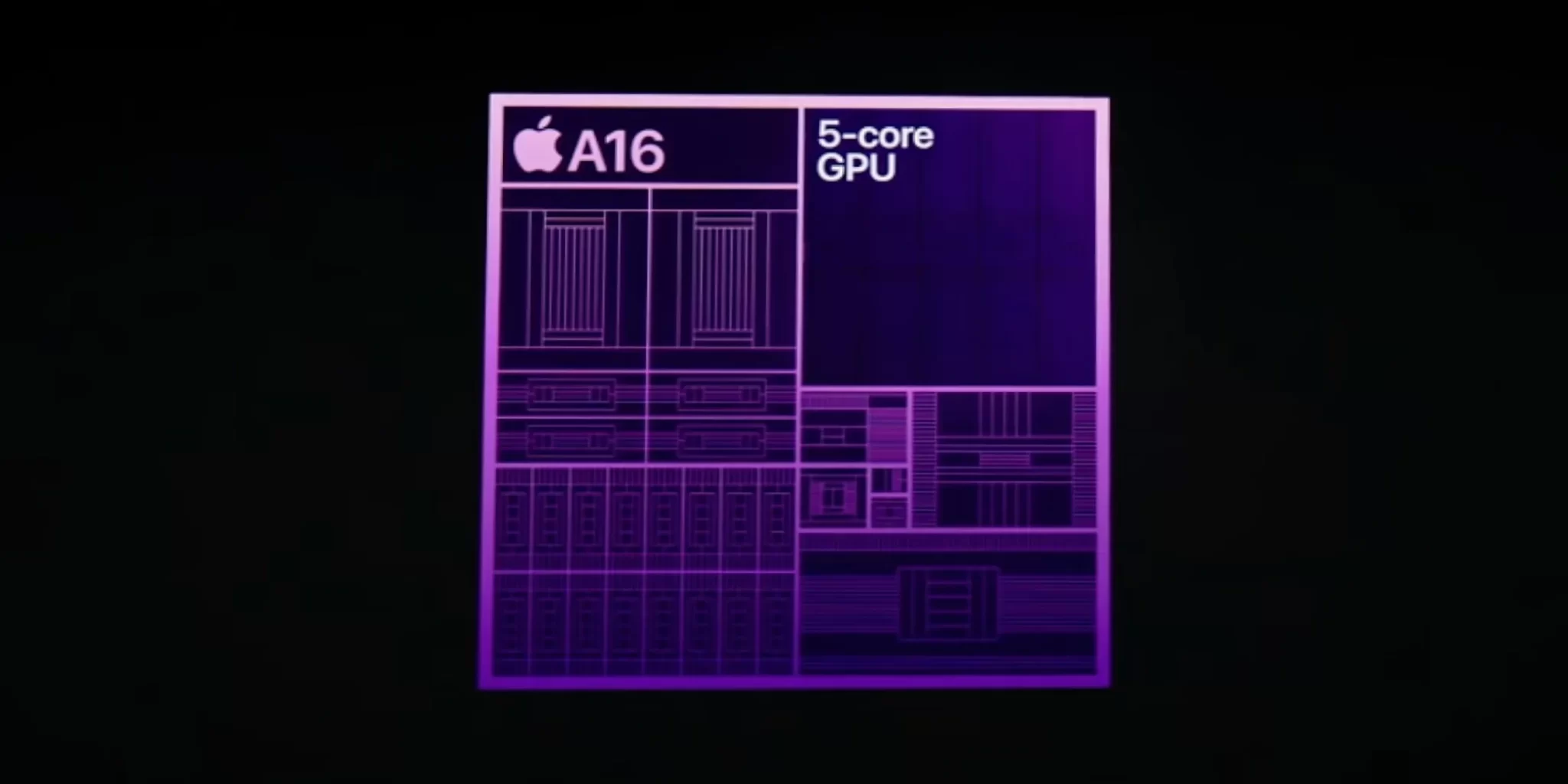A error in the development of the A16 Bionic could have prompted Apple to release a processor less powerful for the iPhone 14 Prowhich could be indicative of problems in the Apple Silicon chip development team.
The iPhone 14 Pro uses the A16 Bionic, and despite being one of the most powerful chipsets in a smartphone, it could have been better. The benchmarks show a moderate increase in year-over-year performance in the new iPhone models, new information suggests it could have been a bigger jump.
The power of the iPhone 14 Pro is affected by difficulties in the development of Apple chips
According to The Information, Apple’s chip-making team has been going through some internal chaos. This could have led to the A16 Bionic having a significant change introduced late in its development, at least according to four anonymous sources.
The report says that Apple had planned a very important generational leap for the A16 Bionicbut the prototypes were met with excessive energy consumption, much more than what the company expected after software simulations.
High power consumption could have affected battery life and caused the device to heat up. Due to this discovery late in development, andl A16 Bionic had to be built on the design basis originally used in the A15. Originally, the A16 would have introduced Ray Tracing capabilities into the iPhone software.
Many rumors suggested that the A16 Bionic would be developed with the 4nm process, but the 5nm process was finally used. This change seems to corroborate The Information’s story, although it was only a rumor.
The iPhone 14 and iPhone 14 Max use the A15 Bionic chip, not the A16. If the A16 wasn’t different enough from the A15, it might explain Apple’s decision to reuse the chip.
Apple is still above market expectations in terms of generation-over-generation performance for its chips. However, that has been decreasing with each new version.
The Information also reports some employee departures that have affected the manufacturing team of Apple Silicon. However, Johny Srouji is still in charge and Apple has not publicly commented on any of these allegations.













